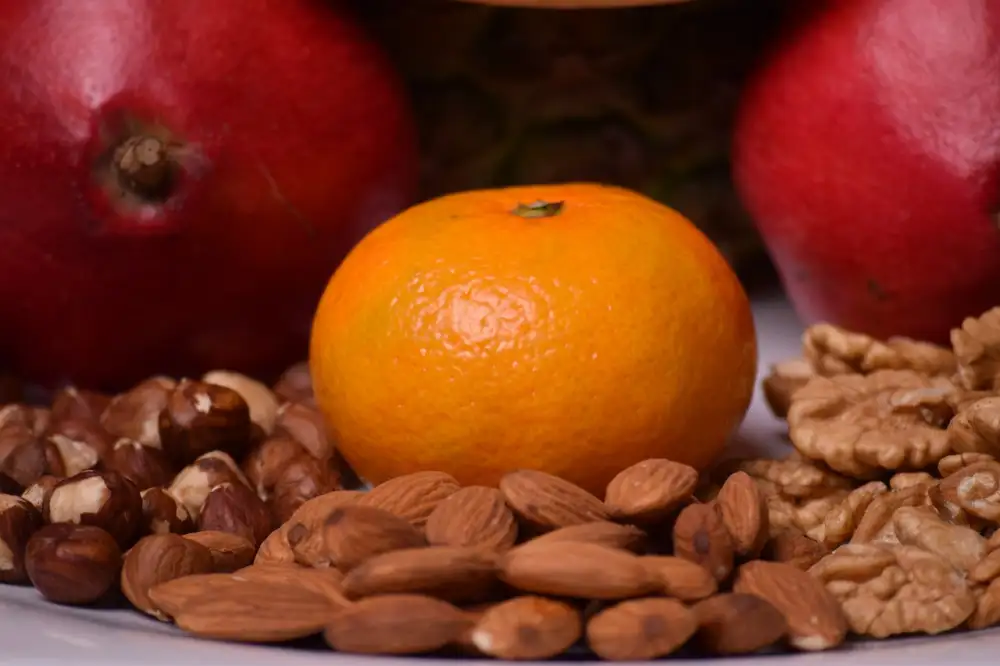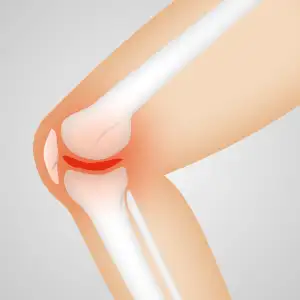Delicious and Nutritious: Discover 10 Healthy Meals for Weight Loss

- Incorporating Lean Proteins into Your Diet
- Emphasizing Fiber-Rich Foods for Satiety
- Including Nutrient-Dense Fruits and Vegetables
- Choosing Whole Grains for Sustained Energy
- Limiting Added Sugars and Processed Foods
- Incorporating Healthy Fats in Moderation
- Balancing Portion Sizes for Weight Management
- Prioritizing Hydration for Overall Health and Weight Loss
When it comes to weight loss, the importance of healthy meals cannot be overstated. A nutritious diet not only helps you shed those extra pounds but also provides your body with essential nutrients for optimal health. By making smart choices and incorporating a variety of wholesome foods into your meal plan, you can achieve your weight loss goals while still enjoying delicious and satisfying meals. In this article, we will explore 10 healthy meals that are not only tasty but also promote weight loss. So let's dive in and discover the wonderful world of culinary excellence that can help you on your journey to a healthier you!
Incorporating Lean Proteins into Your Diet
Incorporating lean proteins into your diet is essential for weight loss. Not only do proteins help build and repair tissues, but they also keep you feeling full and satisfied for longer periods of time. Opt for sources such as skinless chicken breast, turkey, fish, tofu, beans, and lentils. These options are low in fat and calories while providing the necessary nutrients your body needs. Including lean proteins in your meals will not only aid in weight loss but also promote muscle growth and maintenance.
Emphasizing Fiber-Rich Foods for Satiety
When it comes to weight loss, incorporating fiber-rich foods into your meals is essential. Not only do these foods provide numerous health benefits, but they also help you feel fuller for longer periods of time. This means you'll be less likely to overeat or snack on unhealthy options throughout the day.
Fiber-rich foods include fruits, vegetables, whole grains, legumes, and nuts. These foods are not only packed with essential vitamins and minerals but also contain high amounts of dietary fiber. Fiber adds bulk to your meals and slows down digestion, which helps control your appetite and prevent overeating.
To incorporate more fiber into your diet, start by adding a variety of colorful fruits and vegetables to your meals. Opt for whole grain breads and cereals instead of refined grains. Include legumes like beans and lentils in soups, salads, or as a side dish. And don't forget about nuts - they make a great snack option that provides both fiber and healthy fats.
By emphasizing fiber-rich foods in your diet, you'll not only improve your digestive health but also promote satiety and weight loss. So next time you're planning your meals, make sure to include plenty of these nutritious options!
Including Nutrient-Dense Fruits and Vegetables
When it comes to weight loss, nutrient-dense fruits and vegetables are your best friends. Packed with vitamins, minerals, and antioxidants, these powerhouses not only provide essential nutrients but also help you feel full and satisfied. Incorporate a variety of colorful fruits like berries, apples, and citrus fruits into your diet for a dose of fiber and natural sweetness. Leafy greens such as spinach, kale, and broccoli are excellent sources of vitamins A, C, and K. Don't forget about cruciferous vegetables like cauliflower and Brussels sprouts that offer both fiber and cancer-fighting compounds. By including these nutrient-packed foods in your meals, you'll not only support weight loss but also promote overall health and well-being.
Choosing Whole Grains for Sustained Energy
When it comes to weight loss, not all carbohydrates are created equal. Opting for whole grains over refined grains can make a significant difference in your journey towards shedding those extra pounds. Whole grains such as brown rice, quinoa, oats, and whole wheat bread provide essential nutrients like fiber, vitamins, and minerals.
Unlike refined grains that have been stripped of their bran and germ, whole grains retain these nutritious components. The high fiber content in whole grains aids digestion and helps you feel fuller for longer periods. This means you're less likely to reach for unhealthy snacks or overeat throughout the day.
Whole grains also release energy slowly into your bloodstream due to their complex carbohydrate structure. This sustained release of energy keeps you feeling energized and satisfied throughout the day, preventing sudden spikes and crashes in blood sugar levels.
Incorporating whole grains into your meals is easy and delicious. Swap out white rice with brown rice or try experimenting with different types of ancient grains like quinoa or farro. Choose whole grain breads or wraps for sandwiches instead of their refined counterparts.
By choosing whole grains as part of your weight loss plan, you'll not only nourish your body with essential nutrients but also enjoy sustained energy levels that will keep you on track towards achieving your health goals.
Limiting Added Sugars and Processed Foods
When it comes to weight loss, one of the key factors to consider is limiting added sugars and processed foods in your diet. These types of foods are often high in calories and low in nutrients, making them a poor choice for those looking to shed pounds.
Added sugars, such as those found in sugary drinks, desserts, and processed snacks, can contribute to weight gain and increase the risk of chronic diseases like obesity and diabetes. By cutting back on these sources of empty calories, you can reduce your overall calorie intake and promote weight loss.
Processed foods, including packaged snacks, fast food meals, and pre-packaged meals, are often loaded with unhealthy fats, sodium, and artificial additives. These ingredients not only add unnecessary calories but also lack the essential nutrients that your body needs for optimal health.
Instead of relying on processed foods for convenience, opt for whole foods that are minimally processed. This includes fresh fruits and vegetables, lean proteins like chicken breast or tofu, whole grains such as quinoa or brown rice, and healthy fats from sources like avocados or nuts.
By limiting added sugars and processed foods in your diet and focusing on whole foods instead, you can create a healthier eating plan that supports weight loss while providing your body with the nutrients it needs to thrive.
Incorporating Healthy Fats in Moderation
While it may seem counterintuitive, including healthy fats in your diet can actually aid in weight loss. Healthy fats, such as those found in avocados, nuts, and olive oil, provide essential nutrients and help keep you feeling satisfied.
When incorporating healthy fats into your meals, it's important to do so in moderation. While they are beneficial for overall health, they are also high in calories. Aim to include a small amount of healthy fats in each meal to add flavor and promote satiety without going overboard.
Some easy ways to incorporate healthy fats into your diet include adding avocado slices to salads or sandwiches, using olive oil as a dressing or for cooking, and sprinkling a handful of nuts onto your morning oatmeal or yogurt.
Remember, the key is moderation. Including healthy fats as part of a balanced meal plan can contribute to weight loss while still providing the nourishment your body needs.
Balancing Portion Sizes for Weight Management
Balancing portion sizes is crucial for weight management. It's important to be mindful of the amount of food we consume to avoid overeating. One effective strategy is to use smaller plates and bowls, which can create the illusion of a fuller plate. Additionally, practicing portion control by measuring out servings can help prevent excessive calorie intake. Remember, it's not just about what we eat but how much we eat that contributes to weight loss success. By being mindful of portion sizes, we can enjoy our meals while still achieving our weight loss goals.
Prioritizing Hydration for Overall Health and Weight Loss
Staying hydrated is crucial for overall health and plays a significant role in weight loss. Drinking an adequate amount of water helps to boost metabolism, curb appetite, and promote proper digestion. It is recommended to drink at least 8 glasses of water per day, but individual needs may vary. Additionally, incorporating hydrating foods such as cucumbers, watermelon, and citrus fruits can contribute to your daily fluid intake. Remember to prioritize hydration throughout the day to support your weight loss journey and maintain optimal health.
In conclusion, creating a sustainable and nourishing meal plan for weight loss is essential for long-term success. By incorporating lean proteins, fiber-rich foods, nutrient-dense fruits and vegetables, whole grains, and healthy fats in moderation, you can ensure that your body receives the necessary nutrients while promoting weight loss. It is also important to limit added sugars and processed foods, balance portion sizes, and prioritize hydration. Remember that consistency is key when it comes to achieving your weight loss goals. With dedication and a well-rounded meal plan, you can enjoy delicious and nutritious meals while shedding those extra pounds.
Published: 17. 01. 2024
Category: Health



